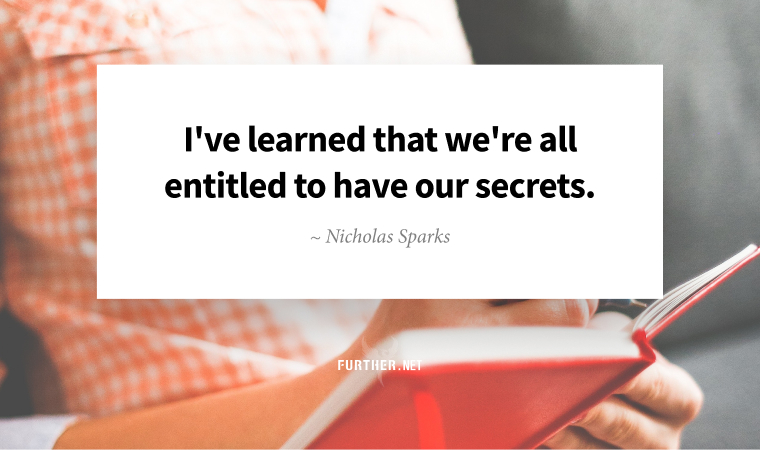
I recently had brunch with some women who discovered family secrets through a DNA-testing company, including learning of siblings they didn’t know existed and finding out their grandad wasn’t related biologically. While the details differed, there was a common thread: family secrets.
Having your concept of your family of origin upended in middle life is challenging – it certainly sparked significant soul-searching with my brunch companions. But ultimately, it made me think about the people who held those secrets and why. Is keeping sensitive information under wraps always harmful – and is radical honesty better?
Unsurprisingly, the truth lies somewhere in between.
The Secret About Secrets
Secrets get a bad rap, which is understandable considering the psychological and relational impact. Research shows we believe physical tasks are harder when carrying a secret. And just thinking about concealed information can negatively impact well-being.
That said, nearly everyone is hiding something. Michael Slepian, psychologist and author of The Secret Life of Secrets, says what separates secrets from other private matters is the intention to keep the information unknown. He found that 97% of us hold at least one secret that falls within 38 categories, from finances and sexual behavior/infidelity to addiction, lies, or illegal activity. And most of us carry an average of 13 secrets at a given time.
Through thousands of interviews over years of research, Slepian found the details of the secret aren’t the issue but rather the burden of silence.
The harm of a secret doesn’t seem to be from having to hide it in a social interaction, but having to live with it alone in your thoughts.
This is where things get complicated, as sharing your turmoil can be consequential and risky. The trick, then, is to find ways to preserve your privacy while revealing your truth.
The Best Kept Secrets
According to Slepian, trust is the primary condition for sharing a secret. A negative or judgmental response can worsen things, so choose your confidant wisely.
The person more likely to keep your secret safe is someone who would think about it in a similar way as you when it comes to the morality of the issue.
Don’t worry that sharing your secret is too much of a burden; after all, honesty is intimacy. But that can be complicated if you’re in the same friend circle or close family. In that case, you might instead confide in a professional like a therapist or clergyperson. Even an anonymous confessional like the Whisper app or Reddit’s “confess your secrets” can help.
The truth about secrets is unless they’re actively harming you or someone else, you don’t need to feel bad. Instead, strive to understand why you hold them or care to share, and then you can move forward in confidence.
Unpacking ‘The Secret Life of Secrets’ (New York Times)
